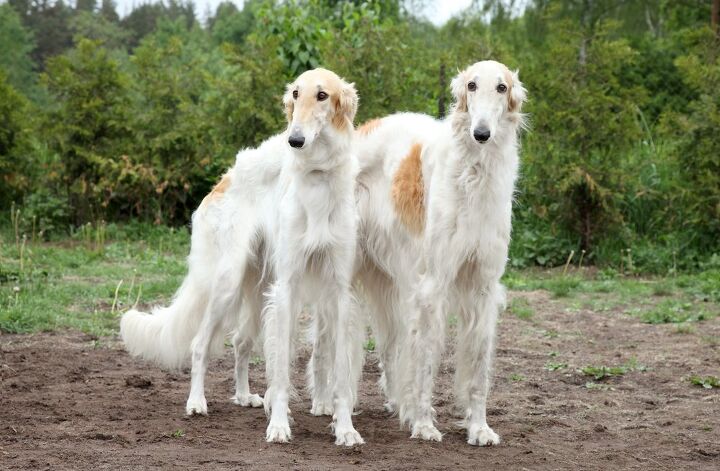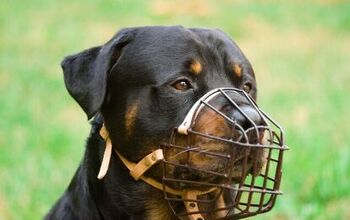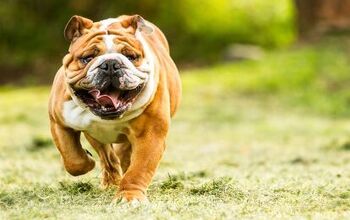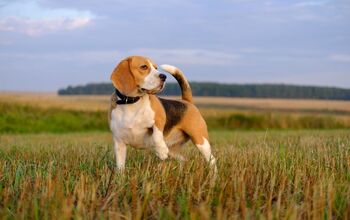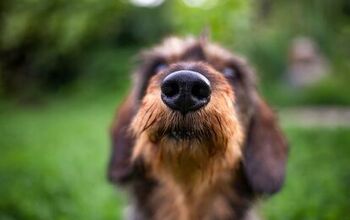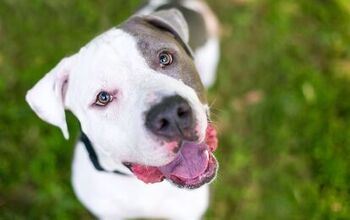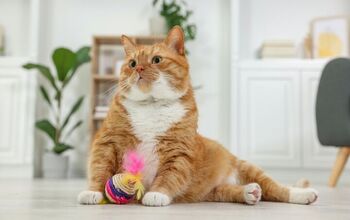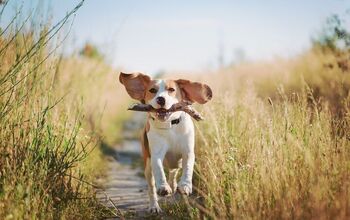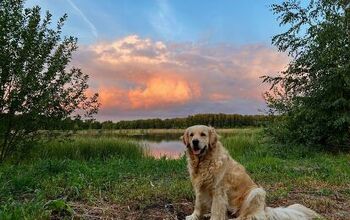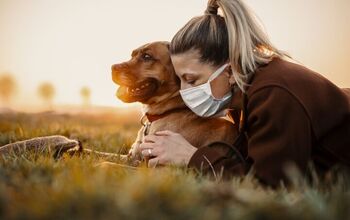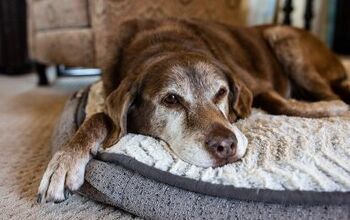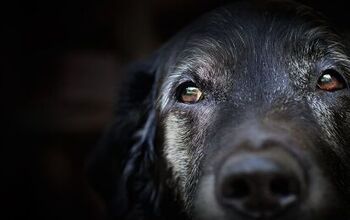Borzoi


About Borzoi
Also known as a Russian Wolfhound, the Borzoi resembles the Greyhound in size and structure. Popular due to its beauty and temperament, this dog fits into a variety of different households. Quiet, calm, and well-mannered pets, this breed is reserved and timid with strangers.
One of the tallest dog breeds, the Borzoi can reach 28 inches in height. With its elegant long head, intelligent eyes and a beautifully curved muzzle, it’s hard to miss this dog. Read on to find out if the breed fits into your family.
Popular due to its beauty and temperament, the Borzoi fits into a variety of different households.
Originating in Russia, the Borzoi was brought from Arabia into Russia in the 17th century. Nobility took a shine to this dog, and bred them with dogs with longer hair, which gave the breed its current coat. Used as wolf hunting dogs, the Borzoi’s popularity spread widely throughout Europe. The British aristocracy was fond of this breed, and this dog was only given as gifts from nobility.
The Borzoi has retained its hunting abilities, but these days, the breed is sought after for its companionship.
An old breed, the Borzoi was descended from dogs brought to Russia from central Asian countries.
The Borzoi was recognized by the AKC in 1891.
Be sure to feed your Borzoi a high quality dog food that is made for large dogs. Give your dog a few small meals throughout the day instead of a large one as this breed is prone to bloat and torsion.
Quiet, calm, and well-mannered pets, the Borzoi is reserved and timid with strangers.
The Borzoi can be difficult to train. Because it is a hound, its free spirit and one-track mind can get in the way of absorbing its training. However, this breed is intelligent and can be taught if you put in the time and effort it requires to be successful.
While the breed is loyal to its families, Borzois aren’t as interested in pleasing its owner as it is to satisfy its own wants and needs. Training will be much more fruitful if you use positive training methods. You’ll have to build trust with your dog before you find that it will listen to your commands.
You can either train your Borzoi at home or hire a trainer. The goal should be to find the most successful way that your dog works with you, rather than disciplining it because it isn’t doing what you want it to do.
Male Borzois weigh 75 to 105 pounds and females weight 60 to 85 pounds.
The Borzoi is a smart dog and will show its intelligence in many ways. You will notice how quickly your dog picks up the rules of the house and house training. This isn’t a high-maintenance dog, as the Borzoi is clean and it takes care of its own grooming.
If you have children, it’s important to bring the Borzoi into the family unit as a puppy. This breed needs a great deal of socialization in order to feel comfortable. Introducing the Borzoi to household members as early as possible is important when it comes to familiarizing dogs to children.
The Borzoi is also known for being independent, which is why it may be hard to instill obedience training. But Borzois are wonderful pets that are affectionate with its owners and want nothing more than to cuddle with you on the couch.
Good news – the Borzoi are a pretty hardy breed. The biggest problem takes the form of dietary issues. This breed likes to eat and it has to be a high-quality food. Don’t be surprised that if you go with an inferior food, the breed will turn up its nose and refuse to eat. As well, the Borzoi is known to have bloating and other gastric issues. You should feed your dog smaller meals throughout the day to avoid this issue.
In terms of other health conditions, Borzoi can be often temperamental with medications. But overall, you will find the breed to be a healthy dog.
Borzois have a life expectancy of 10 to 12 years.
Get ready to be active – the Borzoi needs to run and play. It helps if you have a large, fenced-in area where the dog can run around and play. The proper amount of exercise is paramount when it comes to the Borzoi’s health. Under that thick coat is plenty of muscle, and to stay fit, your dog will need to get in enough daily activity.
As well as running around outside, you’ll have to take your dog out for a walk, jog or run every day. Your dog will love to come along with you on a run, or will run beside you as you bike. The dog park is another great alternative, so it can meet and play with other dogs.
Be sure that when you are outside of a fenced-in area, your Borzoi should always be on a leash. This breed likes to chase and hunt, so be sure to keep an eye on your dog if you let it off leash.
The Borzoi is a smart dog and will show its intelligence in many ways.
The American Kennel Club says this about the breed: “A graceful, elegant hound, the Borzoi is a sight hound, meaning he hunts by sight rather than scent. The breed’s tall and rangy body allows him to chase quarry for long distances. Today, they are popular in the lure coursing field, and are often seen in the show and companion event rings as well.”
The Borzoi has a beautiful coat that is amazingly soft, silky and wavy. The coat is generally long and heavy, with a thick ring of fur around the neck area. As far as color, this dog can have coats of mixed colors, shades of brown, white, gray, tan or beige colorings.
Since it has a long coat, you will find dog hair around the house. Brushing your Borzoi regularly can help with this problem.
The best time to introduce a Borzoi into your family is when it is a puppy, as it will give you dog plenty of time to get acquainted with children and other family members.
Photo credit: Jagodka/Shutterstock

Amy Tokic, Editor of PetGuide.com, is a passionate animal lover and proud pet parent of Oscar, a Shih Tzu/Chihuahua cross, and Zed, a Japanese Chin. Her love of animals began in kindergarten, when she brought her stuffed dog Snoopy into class with her every day. Now, she writes about her adventures in pet ownership and tirelessly researches products, news and health related issues she can share with other animal enthusiasts. In her free time, Amy loves perusing used book and record stores, obsessing over the latest pet products available and chasing squirrels with wild abandon (a habit attributed to spending too much time with her pooches).
More by Amy Tokic



